统计硕士
MSc Statistics

学历文凭
Masters Degree (Taught)

专业院系
Mathematical Sciences

开学时间

课程时长

课程学费

国际学生入学条件
Students need to have 2:1 Hons degree (UK or equivalent) in a subject with a strong mathematics or statistics component. We may also consider non-standard applications where you have studied a degree in other quantitative subjects that include courses in probability, statistics, linear algebra, and calculus, or you have a 2:2 honours degree equivalent result combined with extensive relevant experience.
IDP—雅思考试联合主办方

雅思考试总分
6.5
- 雅思总分:6.5
- 托福网考总分:87
- 托福笔试总分:160
- 其他语言考试:Pearson PTE Academic with a score of at least 58 and a minimum of 50 in each component of the test
CRICOS代码:
申请截止日期: 请与IDP联系 以获取详细信息。
课程简介
Statistics, alongside its close cousins data science and AI, is core to operational, research and development, and strategic activities of many industrial sectors, from, psychology to neuroscience, from risk management to climate science, from energy production to engineering, and from quality control to finance and economics. A career as a statistician is never dull. Completion of this Master’s will prepare you for roles in industry, or to progress to a PhD programme, confident in your mathematical understanding and in the analytical, computing and critical-thinking skills required. This programme is suited to those with an undergraduate degree in mathematics, statistics, physics or econometrics. Graduates with a strong grasp of the implementation of contemporary statistical methods are widely sought after to work in operational, research and development, and decision making roles. To prepare you for your career, our teaching and learning strategy involves a variety of techniques that cascade from the lecture theatre and include practical sessions with hands-on problem-solving, online quizzes and computing lab sessions. These develop:Your technical and mathematical aptitudeConfidence in your computing expertise through application to data analysis and manipulation, problem-solving and quantitative reasoningCritical thinking and statistical modelling skills through individual and group project workCommunication and collaboration skills through oral and written exercises
相关申请
 预科
预科 奖学金
奖学金 实习机会
实习机会 在校学习
在校学习 跨境学习
跨境学习 校园授课-线上开始
校园授课-线上开始 在线/远程学习
在线/远程学习
开学时间&学费
学费信息仅供参考,请与IDP联系以获取详细信息
| 开学时间 | 时长 | 学费 | 地点 |
|---|
学校排名

世界排名146
数据源:
泰晤士高等教育世界大学排名
关于兰卡斯特大学

兰卡斯特大学是一所研究型大学,位于英格兰西北部兰卡斯特。这所大学坐落在宽敞的绿色校园中,拥有由来自世界各地120多个国家和地区的学生组成的群体。来到兰卡斯特大学的学生将成为国际群体的一员,由世界一流的教师为其讲授知识。兰卡斯特大学在英国大学排行榜上位列前15名: 在2026年完全大学指南中位列第10位 在2026年卫报大学指南中位列第14位 在2026年《泰晤士与星期日泰晤士优秀大学指南》中排名第15兰卡斯特大学还受到全球认可获得QS 5星评级。兰卡斯特大学与全球教学和研究机构拥有广泛的联系,这为学生提供了许多极好的海外留学或工作的机会。兰卡斯特大学不仅与美国和中国的大学有着紧密联系,还与中国、德国、加纳、印度尼西亚和马来西亚的院校建立了战略教学合作伙伴关系。兰卡斯特大学的学生可以充分利用该校的现代化绿色校园。校园周围环绕着林地,学生可在林间小径步行游览。校园中还有许多绿色空间,是学生们享受安静时刻或与朋友交往的理想场所。除了大量休闲绿地和一流的设施,校园中还有美术馆、剧院、电影院、餐馆、咖啡馆、酒吧、邮局和美发沙龙。图书馆学期期间每周七天全天24小时开放,提供大量科技化工作区和安静的学习区,以满足各种学习方式。学生还可以免费租借图书馆的个人电脑和笔记本电脑。
本校相关课程

生物医学理学士学位
学历文凭
Bachelor Degree with Honours
开学日期
课程费用总额


生物学与心理学学士荣誉学位
学历文凭
Bachelor Degree with Honours
开学日期
课程费用总额

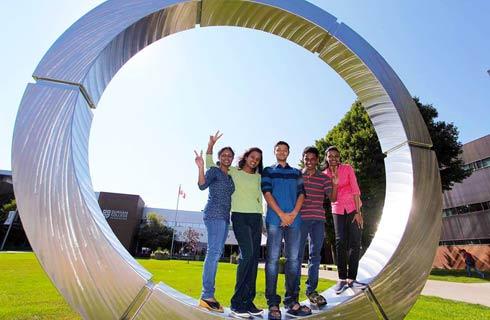
生物科学与生物医学学士学位
学历文凭
Bachelor Degree with Honours
开学日期
课程费用总额

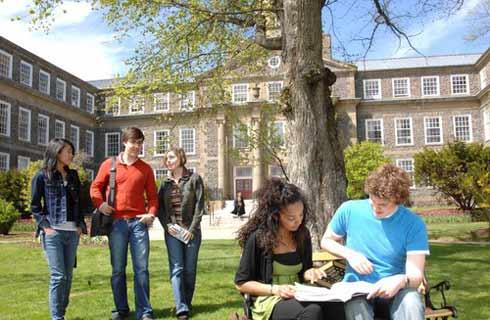
生物科学理学士荣誉学位。
学历文凭
Bachelor Degree with Honours
开学日期
课程费用总额


生物化学与遗传学士学位
学历文凭
Bachelor Degree with Honours
开学日期
课程费用总额

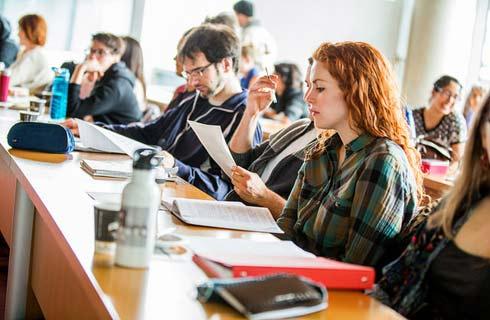
生物化学学士学位
学历文凭
Bachelor Degree with Honours
开学日期
课程费用总额

其他相关课程

数学高级(荣誉)学士学位
 伍伦贡大学
伍伦贡大学泰晤士高等教育世界大学排名:247
学历文凭
Bachelor Degree with Honours
开学日期
课程费用总额


数学教育学士学位(院长学者)
 伍伦贡大学
伍伦贡大学泰晤士高等教育世界大学排名:247
学历文凭
Bachelor Degree
开学日期
课程费用总额


统计学士(荣誉学位)
 澳大利亚国立大学
澳大利亚国立大学学历文凭
Bachelor Degree with Honours
开学日期
课程费用总额

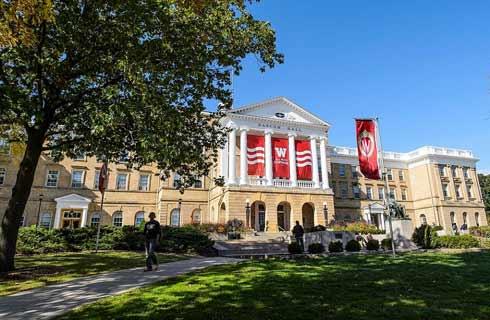
统计研究硕士
 南澳大学
南澳大学学历文凭
Masters Degree (Research)
开学日期
课程费用总额


商科学士/理学学士(高级数学)(荣誉学位)
 悉尼新南威尔士大学
悉尼新南威尔士大学学历文凭
Dual Degree
开学日期
课程费用总额

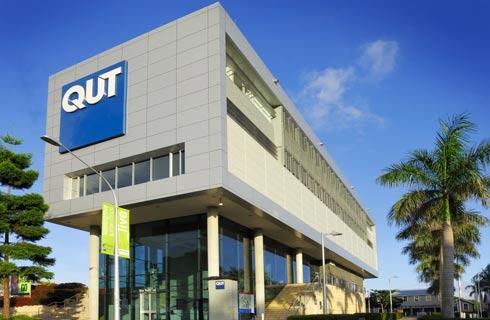
理学硕士(精算和金融科学)
 科廷大学
科廷大学泰晤士高等教育世界大学排名:256
学历文凭
Masters Degree (Coursework)
开学日期
课程费用总额










 英国
英国